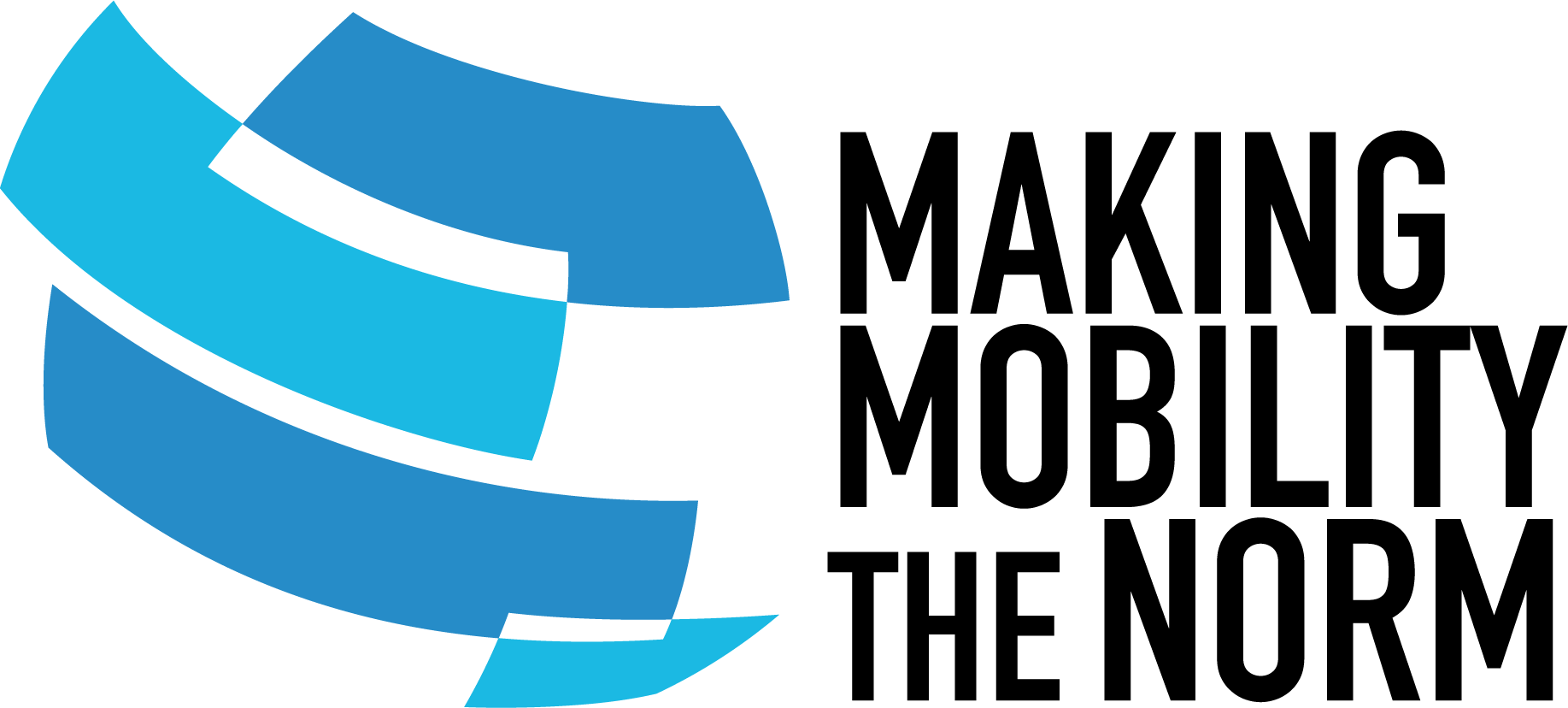Institution
Organizational Unit
Code
ΨΥ-362
ECTS
6
Language of instruction
Greek
Academic term
1/2
Title
ΜΕΘΟΔΟΛΟΓΙΑ ΈΡΕΥΝΑΣ ΙΙ el
RESEARCH METHODS II en
Description
Psychological science aims at describing and understanding psychological phenomena. This aim is achieved through the collection and analysis of empirical data. The main purpose of this course is to help students understand that psychological research is the basis of psychological practice. Hence, understanding methodological principles is a necessary tool for all psychology students.
The course is a sequel to the course Research Methodology I and focuses on quantitative and qualitative research methods in psychology in greater depth. The course consists of two cycles, one concerning quantitative and one qualitative methods, which run in parallel on a weekly basis. Both cycles combine lectures with workshops, in which students are trained in specific methods of data collection and analysis. These two cycles are complemented with a scientific writing lab, where students practice the basic principles of scientific writing.
Quantitative cycle (co-ordinator: D. Xanthopoulou): This cycle examines in more depth issues of quantitative research methodology such as the role of variables in examining mediation and moderation hypotheses,advanced methodological designs for hypothesis testing (e.g., cross-lagged studies, quantitative diary studies), measurement issues including reliability and validity, sampling and the importance of sample representativeness.
Qualitative cycle (co-ordinator: E. Georgaca): This cycle focuses both on the philosophy and principles of qualitative research and on specific methodologies. It covers data collection methods, such as observational interviews, focus groups, archive analysis, as well as data analysis approaches, such as thematic analysis, grounded theory, phenomenological and hermeneutic approaches, narrative analysis and discourse analysis.
The course is a sequel to the course Research Methodology I and focuses on quantitative and qualitative research methods in psychology in greater depth. The course consists of two cycles, one concerning quantitative and one qualitative methods, which run in parallel on a weekly basis. Both cycles combine lectures with workshops, in which students are trained in specific methods of data collection and analysis. These two cycles are complemented with a scientific writing lab, where students practice the basic principles of scientific writing.
Quantitative cycle (co-ordinator: D. Xanthopoulou): This cycle examines in more depth issues of quantitative research methodology such as the role of variables in examining mediation and moderation hypotheses,advanced methodological designs for hypothesis testing (e.g., cross-lagged studies, quantitative diary studies), measurement issues including reliability and validity, sampling and the importance of sample representativeness.
Qualitative cycle (co-ordinator: E. Georgaca): This cycle focuses both on the philosophy and principles of qualitative research and on specific methodologies. It covers data collection methods, such as observational interviews, focus groups, archive analysis, as well as data analysis approaches, such as thematic analysis, grounded theory, phenomenological and hermeneutic approaches, narrative analysis and discourse analysis.
Learning outcomes
Upon completion of the course students will:
1) be familiar with the basic and advanced concepts and principles of quantitative and qualitative methodology
2) be in a position to choose the most appropriate quantitative or qualitative method for the examination of their research questions and hypotheses
3) be able to design a research study with qualitative and quantitative data collection and analysis
4) be in a position to examine and explain phenomena of moderation and mediation
5) be able to implement the basic principles of scientific writing
1) be familiar with the basic and advanced concepts and principles of quantitative and qualitative methodology
2) be in a position to choose the most appropriate quantitative or qualitative method for the examination of their research questions and hypotheses
3) be able to design a research study with qualitative and quantitative data collection and analysis
4) be in a position to examine and explain phenomena of moderation and mediation
5) be able to implement the basic principles of scientific writing
